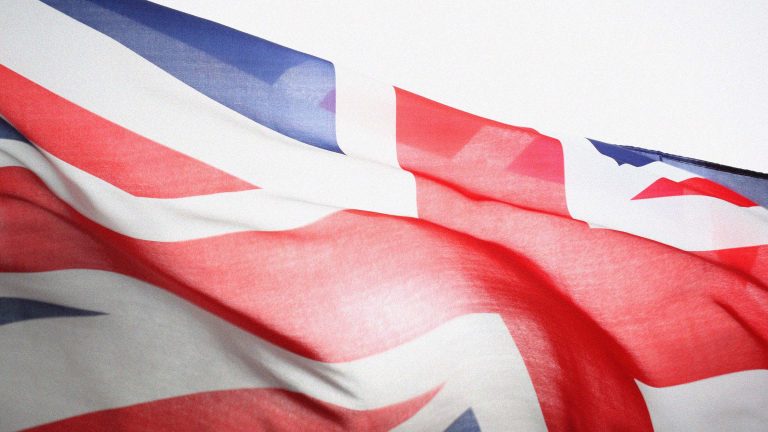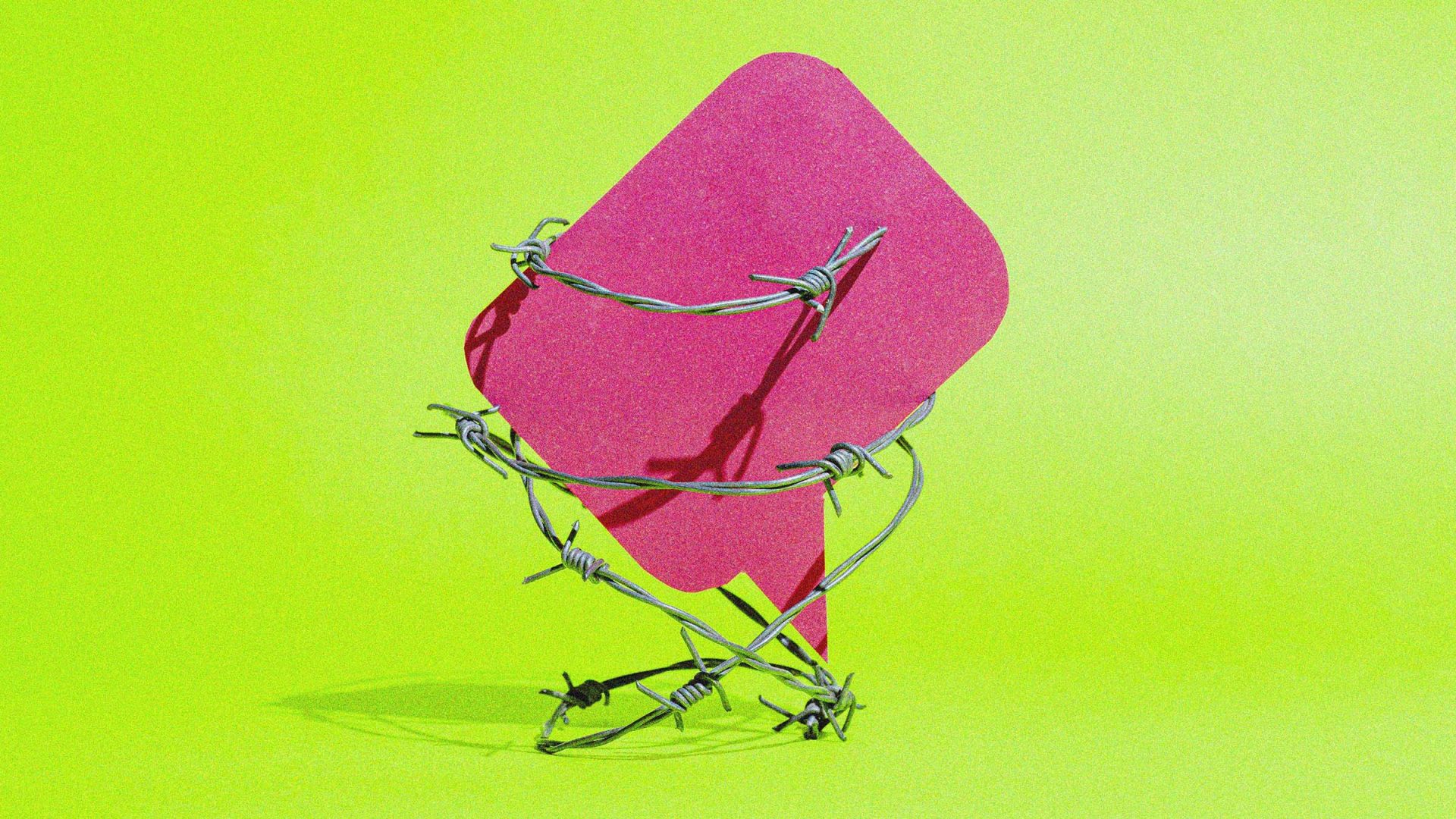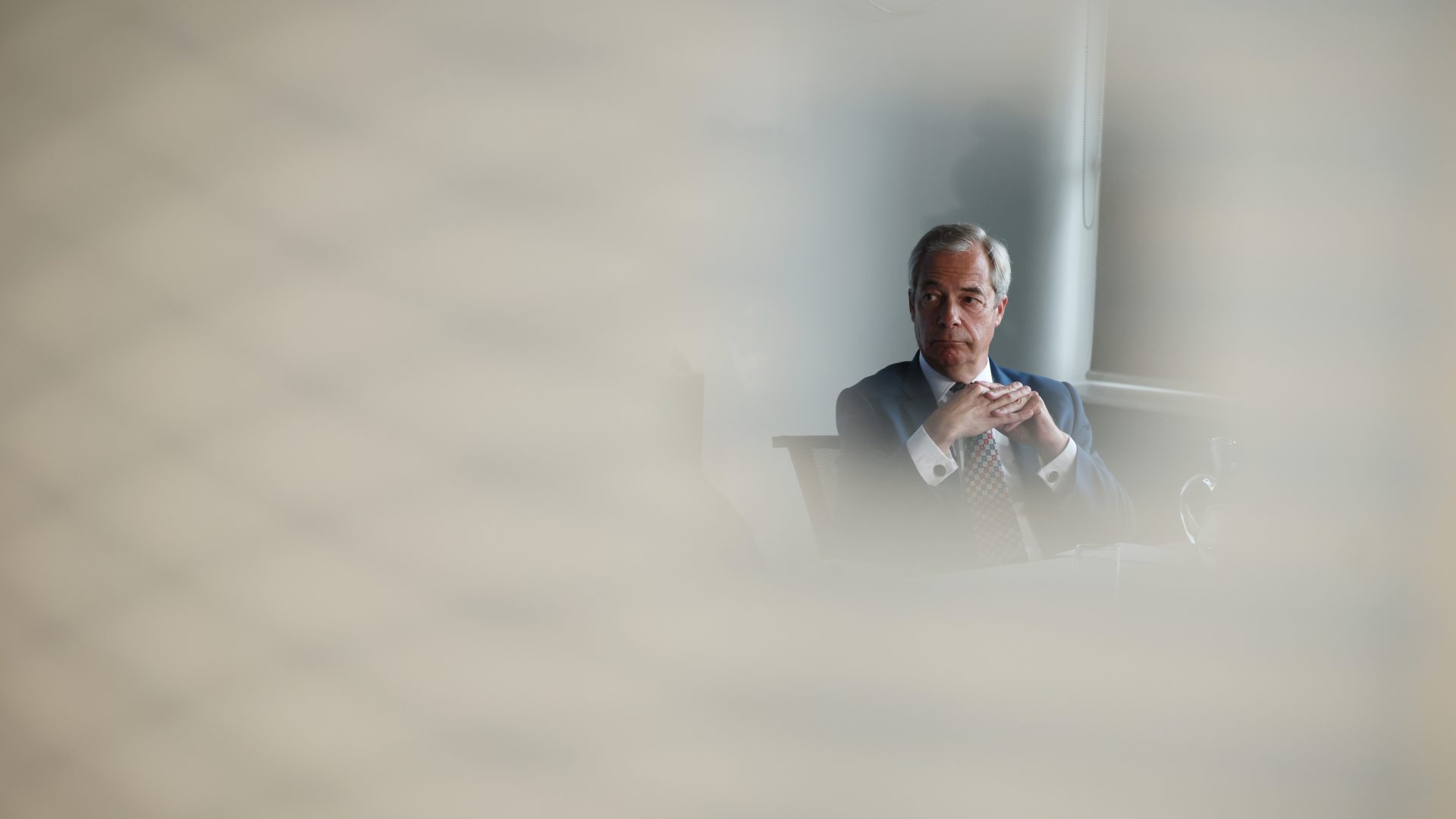Authoritarians are skilled at tampering with evidence, and know how to make things extremely difficult for those whose life’s work it is to seek and share it. Through censorship they prevent access to evidence. Through threats or implied threats, they silence people who would present testimony, data, and images that don’t support the official story that has to be delivered from the top down. They intimidate, imprison, torture, and sometimes kill journalists who ask too many questions, those truth-seekers who at their best are often brilliant sifters, judges, and communicators of evidence.
Extensive freedom of expression threatens authoritarians because it brings with it the possibility that the authoritarians’ pronouncements from on high could be undermined by the revelation that the world does not match the picture they present of it. The authoritarians’ ideal is to reduce the citizenry to a group of receptive, compliant slaves, chained facing the wall in an updated version of Plato’s Cave. The slaves watch the flickering shadows in front of them and believe that the shadows are reality, when in fact they are representations cast by people manipulating cut-out shapes in front of a fire, with the light projecting them on to the wall. In this version of the Cave, the authoritarian leader is behind the scenes instructing their lackeys which shapes to cut out, and so determines what the slaves believe. Eventually the slaves forget they are in a cave and have no idea how warped their picture of the world has become.
On the face of it, killing journalists looks like an effective measure that will prevent people from gaining access to information about what is really happening, and stem the flow of inconvenient truths. Presumably that’s what whoever ordered last week’s assassination of five journalists in a double drone strike on the Nasser hospital in southern Gaza believed. Kill the messengers, and the message won’t get out. Whoever controls the journalists, controls the truth.
Suggested Reading


Why xenophobes love flags
In order for Benjamin Netanyahu’s narrative about Gaza to have any credibility, access to evidence about induced famine, the targeted bombing of civilians, genocide and all the other human rights violations has to be kept hidden. Not only does killing five journalists silence those five, it’s also designed to intimidate other journalists: in the overused cliche, it has a “chilling” effect. Perhaps those responsible for these killings believe their only mistake was failing to stop the footage of the attack getting out. Yet the trouble with that line of reasoning is that it underestimates journalists. It’s not inevitable that the truth will come out in every circumstance, but taking out journalists can have the opposite effect from that intended. It’s like sowing dragons’ teeth.
If you find that wishful thinking, take a few moments to visit Index on Censorship’s webpage, which is filled with stories of incredibly brave men and women who have continued their quest for truth and justice despite repeated imprisonment, torture and death threats. Think of those who have exposed truths about Vladimir Putin’s Russia, such as Anna Politkovskya, who was assassinated on Putin’s birthday in 2006, shot in the head four times with a pistol.
She had continued to report on the war in Chechnya despite numerous rape and death threats, and even after having been the victim of a mock assassination. She had no illusions about the risks she was taking, realising that even people who passed on information to her were at risk of being killed. Shortly before his own painful death from poisoning with radioactive polonium another Putin critic, Alexander Litvinenko, accused Putin of sanctioning Politkovskya’s murder: “You may succeed in silencing one man, but the howl of protest from around the world will reverberate, Mr Putin, in your ears for the rest of your life.” This is true.
But since Politkovskya’s death, Putin has been implicated in so many war crimes and in the painful deaths of so many civilians and conscripts that it’s unlikely that Litvinenko’s words or the escalating howls from around the world haunt or even bother him any more than the howls about Netanyahu’s genocidal policies are likely to curb his actions.
What will perturb Putin, Netanyahu, and the gang of wannabe authoritarian leaders springing up across the world is the continuing flow of information and evidence that threatens to undermine their narratives. AI substitutes for journalists aren’t going to provide this, and they’re far easier to manipulate and control than human journalists.
We need the real thing: brave human journalists.



